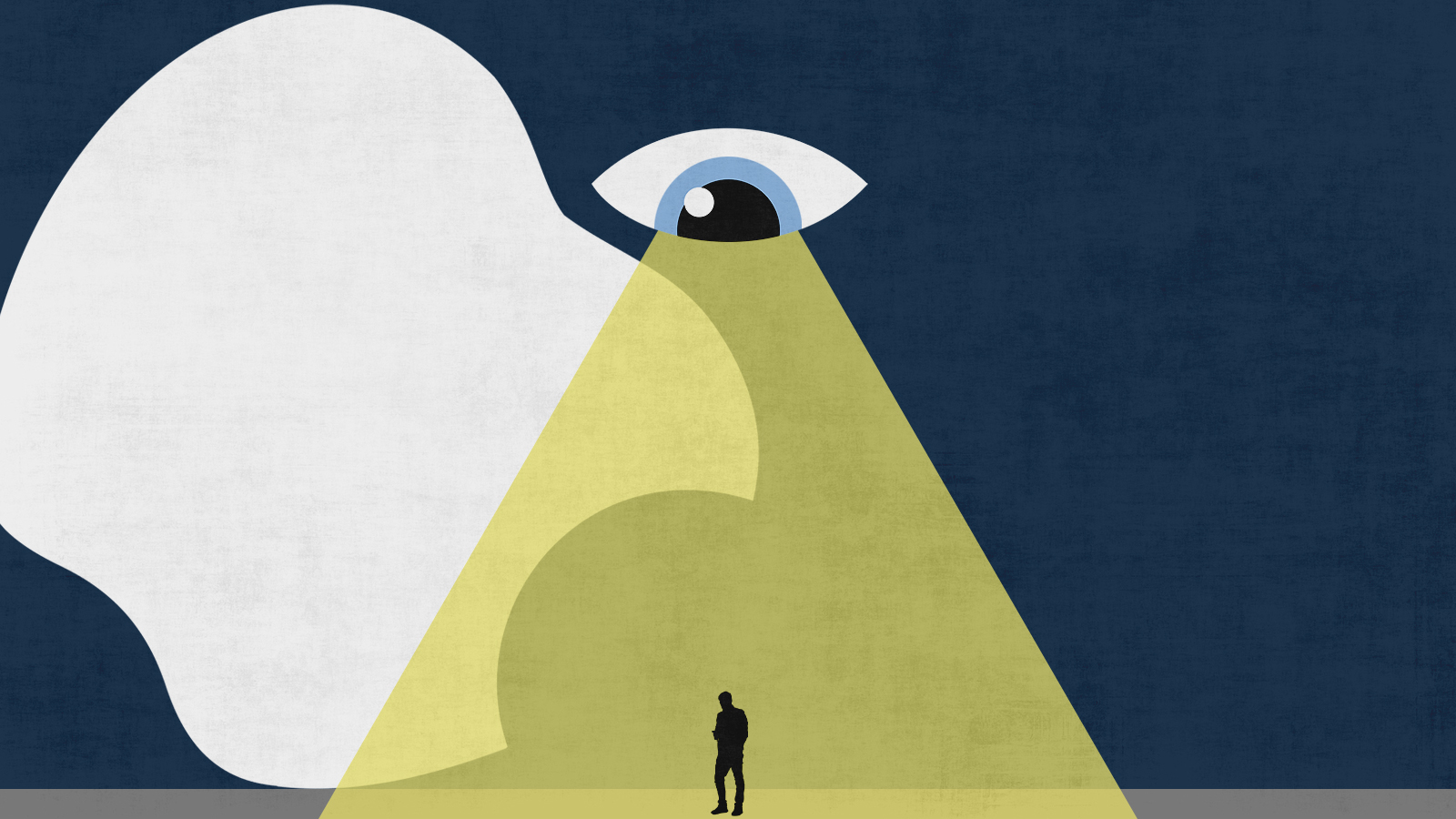Apple tests how much privacy users are willing to give up


A free daily email with the biggest news stories of the day – and the best features from TheWeek.com
You are now subscribed
Your newsletter sign-up was successful
If you care about your privacy, it might be time to start shopping for a good dumb flip phone, or to think about reinstalling that long-abandoned landline in your house.
Apple on Thursday announced plans to help authorities crack down on child pornography with new tools that will scan the photo collections of iPhone users in order to detect known abusive materials. The new tech "will help Apple provide valuable information to law enforcement," the company said.
Cracking down on child pornography is a good thing, of course, but privacy advocates worry that Apple's new tech might also make it easier for governments to snoop on their citizens. "What happens when the Chinese government says, 'Here is a list of files that we want you to scan for?'" one expert told the Associated Press. "Does Apple say no? I hope they say no, but their technology won't say no." At this point in history, it's probably best to assume that new technologies will be used to bad effect sooner or later — and to remember the Chinese government isn't the only powerful institution that likes to go snooping.
The Week
Escape your echo chamber. Get the facts behind the news, plus analysis from multiple perspectives.

Sign up for The Week's Free Newsletters
From our morning news briefing to a weekly Good News Newsletter, get the best of The Week delivered directly to your inbox.
From our morning news briefing to a weekly Good News Newsletter, get the best of The Week delivered directly to your inbox.
Which makes this a good moment to remember that we as individual consumers can say "no."
It may not seem that way. Smartphones have become ubiquitous, and that's almost entirely due to Steve Jobs' introduction of the iPhone back in 2007. At first they were luxuries, something cool to own and be seen using. But they quickly came to seem like necessities, the place we store our photos, stream music, check Twitter, buy movie tickets, and (to a remarkable degree) live our lives. These days it's easy to feel like there is no real option but to opt into smartphone culture — but that's not true. You can even opt out.
Perhaps this seems an overreaction. Smartphones have always been problematic, privacy-wise. What's one more intrusion? And if the devices are overly efficient at grabbing your attention and making you easy to track, they are also tremendously convenient. Apple's latest announcement, though, is a reminder that the tradeoffs between convenience and privacy are a choice, both for the company and for the rest of us. It's a good time to reconsider if the trade is worth it.
A free daily email with the biggest news stories of the day – and the best features from TheWeek.com
Joel Mathis is a writer with 30 years of newspaper and online journalism experience. His work also regularly appears in National Geographic and The Kansas City Star. His awards include best online commentary at the Online News Association and (twice) at the City and Regional Magazine Association.
